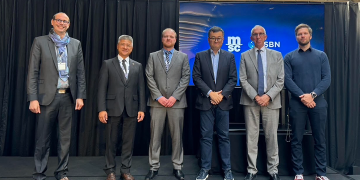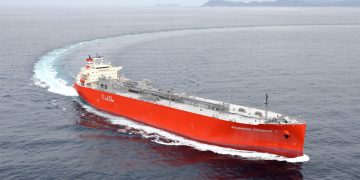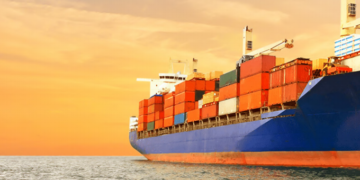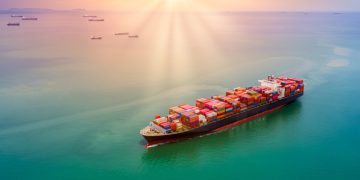The Clean Arctic Alliance has urged the International Maritime Organization (IMO) to adopt a mandatory regulation mandating the use of distillate fuels by ships operating in and near the Arctic.
Despite progress in Pollution Prevention and Response (PPR 11) meetings, – agreeing guidance on best practise on black carbon control measures as well as emissions measurement, monitoring, and reporting, and also commencing an open discussion on the issue of fuel quality and aromaticity – the IMO is criticized by the NGO for not taking sufficient action on reducing black carbon emissions. The Alliance calls for the implementation of new guidance to protect the Arctic from black carbon emissions.
They call on IMO member states to now turn the 2021 resolution into a regulation as an interim measure – Clean Arctic Alliance believes switching to distillate fuels is a clear way forward in one of the world’s most climate vulnerable regions.
According to Clean Arctic Alliance, not only can it be achieved quickly, it will also ensure that black carbon emissions are rapidly reduced between 50% – 80% (depending on the engine and other variables), until work to develop a polar fuel standard can be concluded.
What are black carbon emissions?
Black carbon, a potent short-lived climate pollutant from incomplete fossil fuel burning, constitutes one-fifth of international shipping’s climate impact. The Alliance stresses the urgency of reducing black carbon emissions due to its accelerated impact on Arctic melting. Melting snow and ice expose darker surfaces, reducing the planet’s reflective capacity.
This contributes to declining sea ice, impacting the Arctic and global climate. Black carbon also adversely affects human health. The urgency to reduce black carbon emissions has been recognized for its climate, health, and environmental consequences. The Alliance calls on shipping companies to make responsible fuel choices to address both environmental and climate crises.
Furthermore, scrubber wastewater discharge is acknowledged as an environmental hazard. The IMO’s failure to decide on scrubber regulation allows countries to impose restrictions independently, the NGO notes.
While shipping industry and oil industry parties claimed that scrubbers are ‘OK’, several member states and environmental groups countered this old and tired narrative, which is based on the 20th century myth that ‘the solution to pollution is dilution
… said Eelco Leemans, Technical Advisor to the Clean Arctic Alliance
Finally, as some ships will continue to use HFO under an exemption or waiver until 1 July 2029, the Clean Arctic Alliance is calling for shipping companies to take responsibility for their environmental impact by making better fuel choices.




























































